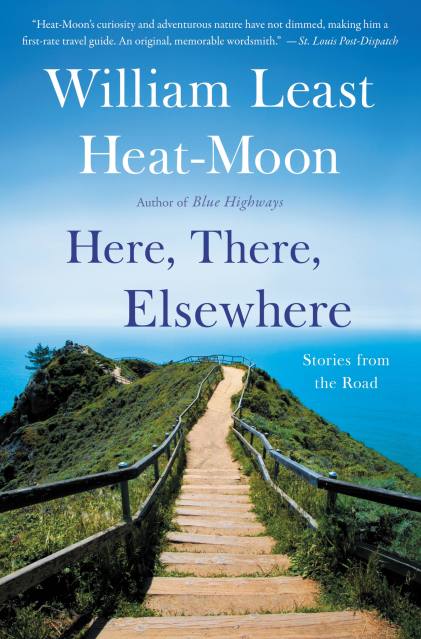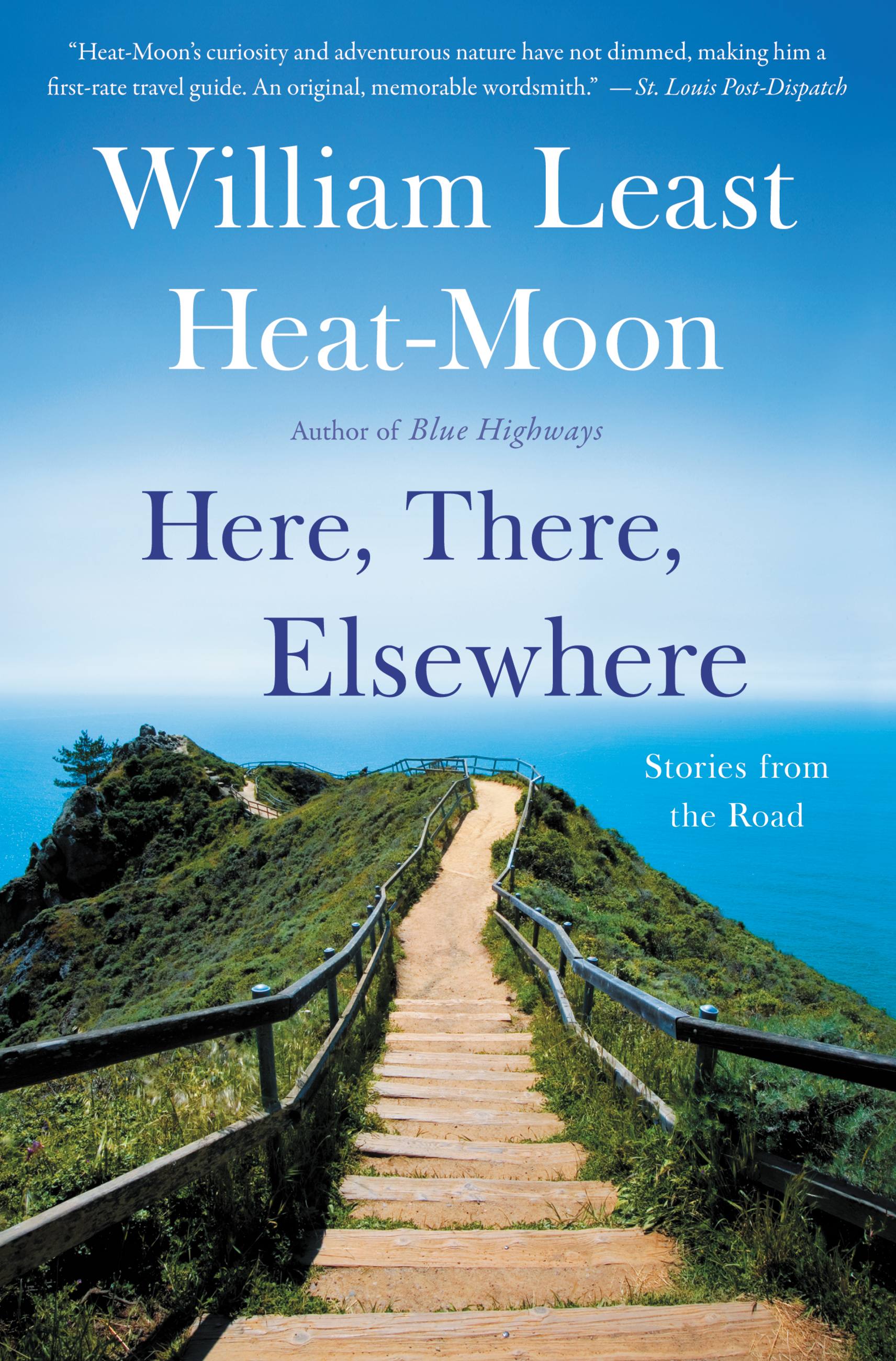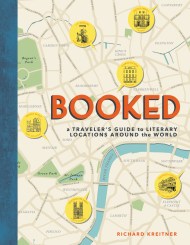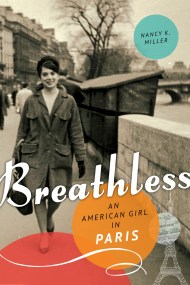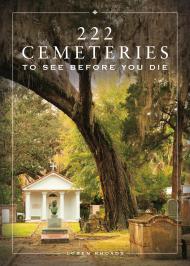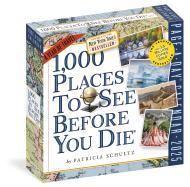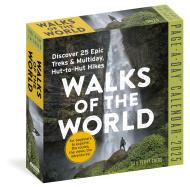Promotion
Shop now and save 20% on your back-to-school purchases & get free shipping on orders $45+ Use code: SCHOOL24
Here, There, Elsewhere
Stories from the Road
Contributors
Formats and Prices
Price
$8.99Price
$11.99 CADFormat
Format:
- ebook $8.99 $11.99 CAD
- Audiobook Download (Unabridged)
- Trade Paperback $24.99 $31.99 CAD
This item is a preorder. Your payment method will be charged immediately, and the product is expected to ship on or around January 8, 2013. This date is subject to change due to shipping delays beyond our control.
Also available from:
Here, There, Elsewhere draws together for the first time William Least Heat-Moon’s greatest short-form travel writing. Personally selected by the writer, these pieces take us from Japan, England, Italy, and Mexico to Long Island, Oregon, Arizona, from small towns to big cities, ocean shores and inland mysteries.
Including Heat-Moon’s reflections on writing these pieces, Here, There, Elsewhere is much more than the usual collection of amber; it is a coupled summation of craft and memory. A perfect treasury of prose and provocation for readers old and new, Heat-Moon’s most recent work reveals his absolute mastery across pages many and few.
Genre:
- On Sale
- Jan 8, 2013
- Page Count
- 416 pages
- Publisher
- Little, Brown and Company
- ISBN-13
- 9780316225014
Newsletter Signup
By clicking ‘Sign Up,’ I acknowledge that I have read and agree to Hachette Book Group’s Privacy Policy and Terms of Use
